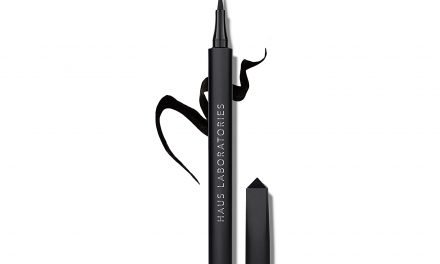
It feels like a lifetime ago that we were all going to cafés, concerts, movies, playing golf, and hugging our friends and family.
Life has changed in ways that we never imagined over these last few weeks. While we take the necessary steps to stop the spread of coronavirus and save lives, for many it has been at the expense of mental health.
The changes in our routines mean that many of us have lost our usual coping strategies, including those critical interactions with friends.
In my practice, I am seeing increasing numbers of people who are sleeping poorly, have increased their alcohol intake, or are just paralysed by feelings of anxiety. One of the challenges with stress is that we respond to psychological threats with a physical response.
For most of us, our role in this pandemic is to stay home, but when our bodies get ready for a threat, we naturally increase the activity of our sympathetic nervous system, meaning an increased heart rate and faster breathing, and releasing cortisol, which can increase blood pressure and blood sugar.
This physiological response is very useful if you need to run away from a tiger, but less useful if you need to stay at home to avoid an invisible infection.
These are my top coping strategies to manage the increased stress that is affecting us all right now.
Prioritise Sleep
When we have enough sleep, our brains work better. Not only is sleep essential for consolidating memory, without adequate sleep we are on emotional high alert, and it is harder to cope with regular daily stresses, let alone the risk of a severe illness.
Adequate sleep is also good for immune function. In studies of vaccinations, people who have had a full night’s sleep mount a better antibody response to the vaccine than those who are sleep deprived.
At the moment, one strategy I am using is taking a break from anything related to Covid-19 at least an hour before bed. This means staying away from news and social media. Here are more ideas on how to improve your sleep.
Exercise
Since the response to psychological stress is so physical, exercise is an excellent strategy for creating a buffer. When we exercise, we are experiencing a form of physical stress, but in a good way.
Exercise increases blood flow to the brain and changes the patterns of neurotransmitter release, which is why it is so good for your mood. While many of us are still going out for walks, there are also online exercise options that can be done entirely in your own home.
Eat Well
Eating well can actually boost your mood, but this doesn’t mean going for a quick chocolate fix! Some small studies have shown that eating a diet that is based around whole, unprocessed foods with lots of vegetables and whole grains can boost your mood.
Connect Socially
Humans need each other. Until very recently, we weren’t used to having to survive without other people. This means that feeling lonely is another psychological stress that is really bad for physical health.
Right now, many of us are feeling alone, and it is more important than ever to seek new ways to connect, like video calls. For some of us, this can also be an opportunity to help others, like checking in on vulnerable neighbours and making sure they have their groceries.
Look for Growth
This pandemic is forcing all of us to live in ways that are different to anything we have ever experienced before. For me, one of the most striking things is the incredible ability humans have to come together as a community.
We are all making sacrifices at the moment because we know that our safety and the safety of everyone around us is at stake. No other species in the world has this capability for care; it is our superpower as humans.
This enforced solitude can also be a time for reflection and a time to think about what is important and what we would like to do differently when we get to the other side.
If you are interested in more health tips, please visit my website, Project Three Six Twelve, and check out our 12-week Foundations of Health course, which includes exercise, nutrition, meditation, and educational webinars.
How well do you sleep these days? Have you noticed lapses in your usual nutrition? What do you do to keep yourself healthy? Please share with our community!





